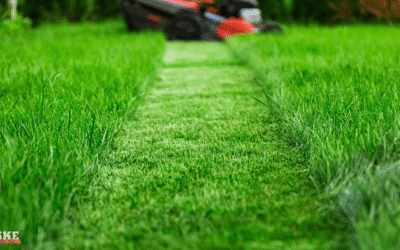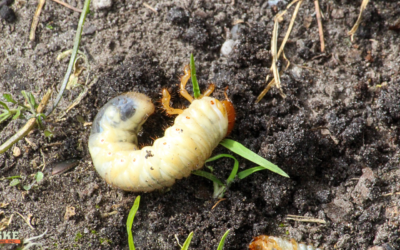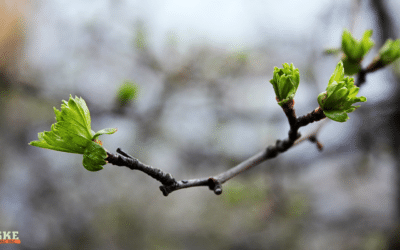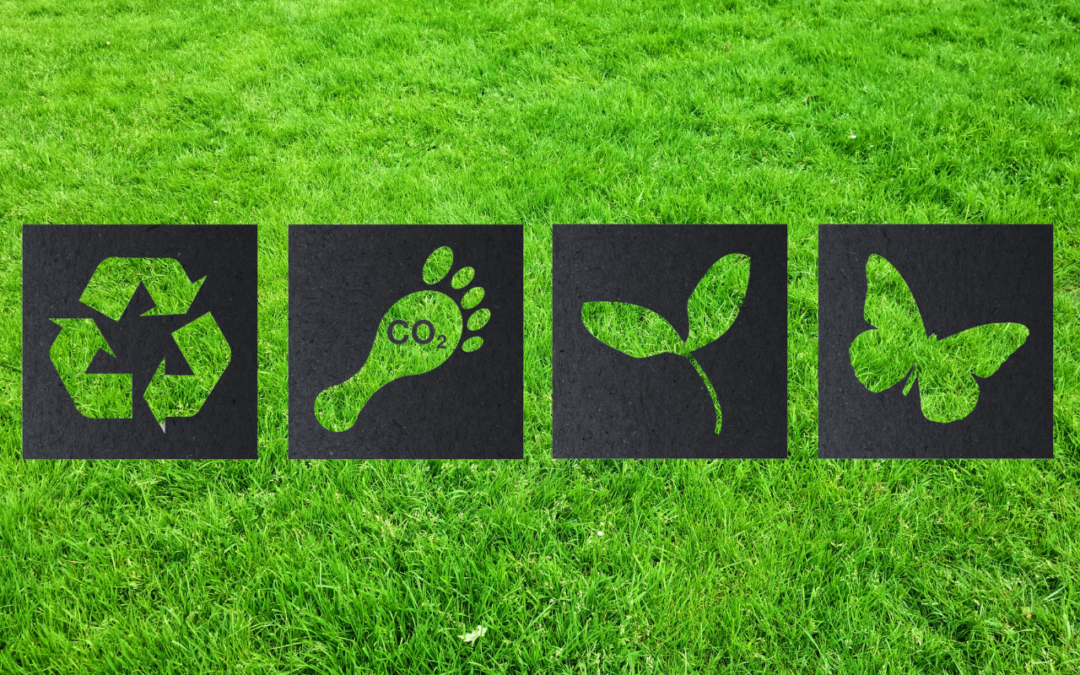June is prime time for lush, green lawns across Wisconsin. The combination of warm days, cooler nights, and occasional rain makes this one of the most active growing periods for cool-season grasses like Kentucky bluegrass, ryegrass, and fescue—all common in...

The Therapeutic Benefits of a Well-Maintained Lawn
In the hustle and bustle of modern life, finding a sanctuary can make all the difference in maintaining our mental well-being. One such refuge may be closer than you think: your own backyard. A well-maintained lawn is not just a mark of curb appeal—it can be a serene oasis that reduces stress, boosts mood, and enhances overall mental health.
Sensory Benefits of Green Spaces
Visual Harmony
The visual appeal of a lush, green lawn is undeniable. Green is a color that is known to have a calming effect on the mind. It symbolizes nature and tranquility, providing a restful backdrop that can help lower stress levels. Well-kept gardens and yards also offer a sense of order and beauty, which can be particularly soothing for the mind. Studies have shown that even looking at green spaces can reduce mental fatigue and improve concentration.
Tactile Connection
The feel of soft grass underfoot is another sensory benefit that can promote mental health. Walking barefoot, a practice known as “earthing,” has been found to reduce stress hormones by increasing antioxidant levels through direct contact with the earth. The gentle, cushioned feeling of grass can also physically ease tension, providing a natural space for relaxation and play that is beneficial for all ages.
Auditory Relief
A well-maintained lawn can significantly enhance the soothing sounds of nature. The rustling of grass and leaves in the breeze, the buzzing of bees, and the chirping of birds not only serve as a delightful auditory experience but also help mask the jarring noises of urban environments. This natural soundscape can lower blood pressure and feelings of stress, creating an auditory blanket that cocoons you from the chaotic external world.
Psychological and Emotional Benefits
Stress Reduction
Engaging with a green space can be incredibly therapeutic. Activities like mowing the lawn, weeding, or simply lounging on a grassy patch allow for a mental break from the stress of daily life. This connection to nature can reset our emotional state, helping to alleviate anxiety and depression. Moreover, physical activity involved in yard maintenance releases endorphins, the body’s natural mood lifters.
Enhanced Mood
Regular exposure to a well-maintained lawn can improve your mood. The simplicity and peace of a green landscape provide a natural uplift, brightening your day. Children playing on the lawn, family gatherings outdoors, or quiet moments of solitude in the garden can all contribute to emotional well-being and create a positive atmosphere at home.
Social Benefits
A beautiful lawn not only benefits the individual but also enhances social interactions. It invites community engagement, from family barbecues to neighborhood gatherings, fostering social bonds. These interactions are vital for emotional health, combating feelings of isolation and loneliness.
The benefits of a well-maintained lawn extend far beyond the physical. They touch on the deeply therapeutic aspects of human nature, providing a vital link to the natural world that is often missing in our concrete surroundings. By investing in lawn care, you are not just maintaining your property but also investing in a healthier, happier lifestyle. Whether through quiet reflection, family play, or social gatherings, a beautiful lawn is a gift that keeps on giving, promoting a serene and joyful life.
If the thought of creating and maintaining a lush, serene lawn seems daunting, Friske Lawn Care is here to help. With our expertise in lawn maintenance and landscaping, we can transform your outdoor space into a beautiful, stress-reducing sanctuary. Reach out to us for a quote and discover how our services can enhance not only the beauty of your yard but also your overall well-being. Let us handle the hard work so you can relax and enjoy the therapeutic benefits of a well-maintained lawn.
How Often Should You Mow in June? Lawn Growth Tips for Wisconsin Yards
What’s Bugging Your Lawn? Early Signs of Spring Pest Problems in Madison, WI
As the snow melts and the grass starts growing again, many Madison homeowners breathe a sigh of relief—spring is finally here. But as your lawn begins to wake up, so do some unwanted visitors. Grubs, ants, and other lawn-damaging pests start to emerge around late...
Is Spring Coming Early? What Warmer March Temperatures Mean for Your Lawn
Madison, WI, has been experiencing some warmer-than-usual temperatures this March, leaving many homeowners wondering if spring is arriving early this year. While an early warm-up can be exciting, it also brings unique challenges for lawn care. Grass may start growing...





Recent Comments